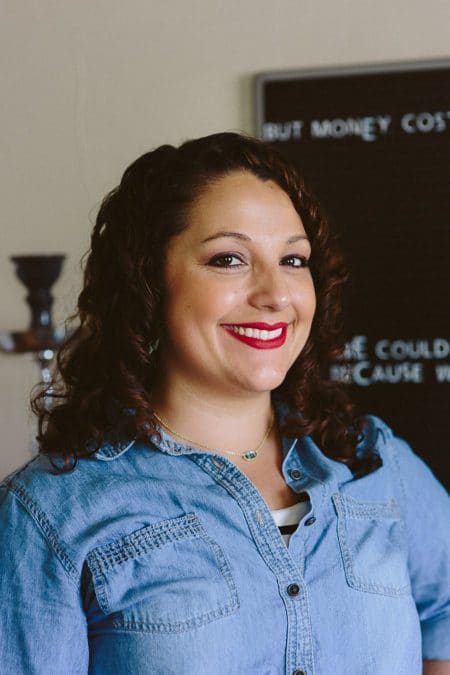By Marisa Mohi
I don’t often tell people I’m a writer, at least not when they first meet me. It’s an occupation that’s too full of expectations. They want to know if they can find my books at their bookstore. (Not yet.) They want to know where I’ve been published. (Lots of places.) They want to know more about the stories I’m telling.
But what if I don’t know myself?

See, I’ve been working on a novel for the past 12 years. It’s taken a long time to figure out what I’m trying to say, and it’s taken even longer to get the sort of life experience you have to have in order to actually tell a story. Every day, I chip away at the story — sometimes adding words, sometimes editing, sometimes reshaping the story, and sometimes taking it in new directions.
But try as I might, I’m running into a hole in the story. Only, it’s not in the novel. It’s in my life.
I’m a member of the Citizen Potawatomi Nation, but I don’t know what that means. At least, not in a meaningful way. I have my Tribal ID card, and I’ve seen the Cultural Heritage Center. I read the Hownikan, and I follow the Tribe on social media.
But the internal cultural identity that enables me to feel like I’m a part of the community? I don’t have that.
I don’t think I’m alone in this. I know that many of you reading this probably feel this way. And when you also factor the other ethnic identities that we carry, it leads to a growing sense of disconnection and a lack of belonging. My dad is from Iran, and my mom’s dad is from Mexico. And sometimes when I think about it too long, I can feel this ghost-like shape inside me that makes up my identity being torn apart and pulled to the places it’s supposed to be from. It’s like my home in Norman, Oklahoma, is so far away from everything, like parts of my spirit find themselves shaking their head and wondering how we ever ended up here.
Or maybe it’s that I’m so far away from knowing who I am.
Every culture I belong to, I only see through an outsider’s lens. The whole story isn’t displayed. There are scenes missing, details omitted and loose ends left undone. The official record taught in classrooms would have us believe that Oklahoma was a completely empty patch of land that settlers got to race for. And when Oklahoma elementary school students re-enact the Land Run of 1889 every spring, we are the details omitted.
My disconnection with the Tribe is not a symptom of the Indian Removal Act – it’s part of the design. We were intended to abandon this identity. After centuries of separation from families and familiar places, how could any of us feel any sense of belonging?
As a writer, I have to wonder how I can make a reader empathize with a protagonist when I can’t even empathize with myself. I have to remember to look for those missing scenes to find myself, again and again.
And so sometimes I wonder if my family history is just out of reach, something I can research and eventually come to know. Do I experience anxiety just because of my brain chemicals? Or was anxiety a reaction from an ancestor’s brain chemicals that developed during the Trail of Death? Is this anxiety something that’s been passed down from them, like trauma that has been encoded on my DNA?
But I’m still hopeful. The answers are there. A doctor may ask about your family history to help determine a diagnosis. And as a writer, I need to reach back into that history to tell the real story.
One of my goals for 2020 is to research my heritage. There is so much Tribal information preserved and available to me, and it’s time I figure out where I fit in all of it. The experiences I have and the research I do — I’ll be writing about it here in the Hownikan. From genealogical records to classes at the Cultural Heritage Center, I’ll be sharing my search for my identity as well as ways that you can find out more about who you are too.
Marisa Mohi is a member of the Nadeau family and is a writer and writing instructor at the University of Oklahoma. You can follow her on Facebook or Twitter @themarisamohi. Her writing can be found at marisamohi.com.
